Introduction
Are you considering dental implants but unsure about the process? Understanding dental implants step by step can ease your mind and help you make informed decisions about your oral health. Dental implants are titanium or zirconia posts that serve as artificial tooth roots, providing a sturdy foundation for replacement teeth that look, feel, and function like natural ones. At Beverly Hills Periodontics & Dental Implant Center, Dr. Peiman Soleymani and his expert team are dedicated to guiding you through each stage of your implant journey.
In this article, we’ll explain what dental implants are, highlight the benefits of knowing the implant process, and set clear expectations for restoring your smile. By learning about each step, you’ll reduce anxiety and feel more confident about your treatment plan. From the initial consultation to the final restoration, knowing what lies ahead empowers you to take an active role in your dental health.
Understanding Tooth Implant Step by Step
Dental implants are a modern solution for missing teeth. They are titanium posts surgically placed into the jawbone, acting as artificial tooth roots. These posts support replacement teeth that look and function like natural ones.
Components of a Dental Implant:
- Implant Post: A titanium screw that integrates with your jawbone.
- Abutment: A connector placed on top of the implant post.
- Crown: The visible part that resembles a natural tooth.
Choosing dental implants offers several benefits:
- Longevity: Designed to last many years with proper home care and maintenance at a dental office.
- Functionality: Restore full chewing ability and speech.
- Aesthetics: Enhance your smile and boost confidence.
- Bone Health: Prevent bone loss by stimulating the jawbone.
- Overall health: Improvement in chewing function can lead to better nutrition and overall health especially for the elderly population.
At Beverly Hills Periodontics & Dental Implant Center, Dr. Peiman Soleymani provides personalized tooth implant step by step care. Serving the Los Angeles community, our team uses advanced technology for precise and effective treatment.
Understanding the implant process empowers you to make informed decisions. With expert guidance, you can regain a healthy, beautiful smile that lasts a lifetime.
The Dental Implant Process Step by Step
Understanding the dental implant process step by step can help you feel confident and at ease. At Beverly Hills Periodontics & Dental Implant Center, Dr. Peiman Soleymani guides you through each stage with personalized care. Here’s how the journey unfolds:
Step 1: Initial Consultation
Your journey begins with an initial consultation.
- Assessment by Soleymani:
- Comprehensive oral examination
- Discussion of your dental history and goals
- Digital X-rays and 3D imaging
This step allows us to evaluate your oral health and determine the best approach.
Step 2: Treatment Planning
We create a customized plan using advanced technology.
- Customized Plan Includes:
- Detailed mapping of implant placement
- Scheduling procedures that fit your timeline
- Addressing any specific concerns you may have
Our goal is to ensure a smooth and efficient process tailored to you.
Step 3: Tooth Extraction (If Necessary)
If a damaged tooth needs removal, we’ll perform a tooth extraction.
- Extraction Details:
- Gentle removal techniques
- Minimal discomfort with local anesthesia
- Immediate preparation for the next steps
This clears the way for your new implant.
Step 4: Bone Grafting or Ridge Augmentation
To ensure the implant’s success, we might recommend bone grafting or ridge augmentation.
- Why It’s Done:
- Strengthens your jawbone
- Provides a solid foundation for the implant
- Enhances long-term stability
Using the latest techniques, we improve bone density where needed.
Step 5: Implant Placement Surgery
We insert the implant post into your jawbone.
- Surgical Steps:
- Performed under local anesthesia or sedation
- Precise placement of the titanium or zirconia post
- Suturing the gum tissue over the implant
This implant placement step is crucial for a secure fit.
Step 6: Healing and Osseointegration
Your body needs time to heal and allow the implant to fuse with your bone.
- Healing Process:
- Osseointegration takes several months
- Swelling after dental implant surgery is normal
- Follow-up visits to monitor progress
Patience during this phase ensures the implant’s strength.
Step 7: Abutment and Crown Placement
The final stage restores your smile completely.
- Final Touches:
- Attaching the abutment to the implant post
- Placing the custom-made crown or dental implant bridge
- Adjustments for a perfect fit and bite
Your new tooth will look and feel natural.
At Beverly Hills Periodontics & Dental Implant Center, we also offer options like Same Day Dental Implants, Immediate Dental Implants, and Zirconia Dental Implants to suit different needs. Serving the LA community, we’re dedicated to making your implant journey as smooth as possible.
By understanding each implant procedure step, you can approach your treatment with confidence. Our team is here to support you every step of the way toward a healthier, brighter smile.
Dental Implant Aftercare and Recovery
Proper dental implant aftercare is vital for a smooth recovery and the long-term success of your new smile. After implant surgery, following specific care guidelines can help you heal efficiently and reduce discomfort.
Tips for Caring for Your Implant Post-Surgery
To ensure optimal healing, consider these post dental implant care tips:
- Manage Discomfort and Swelling: Apply an ice pack to your cheek near the surgical area for the first 24 hours to reduce swelling. Over-the-counter pain relievers may help alleviate discomfort.
- Maintain Oral Hygiene: Gently rinse your mouth with warm saltwater starting the day after surgery. Avoid vigorous swishing to protect the implant site.
- Watch Your Diet: Stick to soft foods for a few days. Avoid hot, spicy, or crunchy items that might irritate the area.
- Avoid Tobacco and Alcohol: These substances can impede healing and increase the risk of complications.
- Rest and Relax: Give your body time to heal by avoiding strenuous activities for a couple of days.
Importance of Follow-Up Appointments
Regular visits to Beverly Hills Periodontics & Dental Implant Center ensure your recovery is on track:
- Scheduled Check-Ups: Dr. Peiman Soleymani will monitor the healing process and address any concerns.
- Professional Cleaning: Keeping the area clean helps prevent infection and promotes healing.
- Personalized Advice: Receive tailored recommendations for ongoing care after implant surgery.
By adhering to these aftercare guidelines, you’re taking essential steps toward a successful recovery. Our team is here to support you every step of the way. If you have questions or need assistance, don’t hesitate to contact us at (310) 275-4606 or visit our Beverly Hills office.
Common Questions About Dental Implants
If you’re considering dental implants, you likely have questions. Below are answers to common inquiries to help you make an informed decision.
How long does the dental implant procedure take?
The dental implant process varies but generally spans several months:
- Initial Consultation: Meet with Dr. Peiman Soleymani at Beverly Hills Periodontics & Dental Implant Center to assess your oral health.
- Treatment Planning: Customized plan using advanced technology.
- Implant Placement: The surgical procedure takes about 1-2 hours.
- Healing Period: Osseointegration lasts 3-6 months, allowing the implant to fuse with the jawbone.
- Final Restoration: Placement of the abutment and crown completes the process.
Is the implant procedure painful?
The procedure is performed under local anesthesia, so you shouldn’t feel pain during surgery. Afterward, some discomfort and swelling are normal. Managing pain is straightforward with prescribed medications and proper post tooth implant care.
What are the risks or complications?
While dental implants have a high success rate, potential risks include:
- Infection at the implant site
- Damage to surrounding teeth or nerves
- Implant failure due to poor healing
At our Beverly Hills clinic, we minimize risks through thorough planning and advanced techniques.
How do I care for my implant long-term?
Long-term care is essential for implant longevity:
- Maintain Oral Hygiene: Brush and floss daily.
- Regular Check-Ups and Maintenance: Regular dental cleanings and implant evaluations are necessary for longevity of dental implants. The dental cleanings can range between 3-6 months tailored to the patient’s needs.
- Healthy Lifestyle: Avoid smoking and excessive alcohol.
- Bite Evaluations: the bite (occlusion) should be checked by the restorative doctor or periodontist every 1-2 years. Night guard is highly recommended for patients who are considered to be grinders.
Proper dental implant care after surgery ensures your implant lasts for years.
Am I a candidate for dental implants?
Ideal candidates are those who:
- Have good overall health
- Possess sufficient jawbone volume and density
- Are free from gum disease: Patients with gum disease can have a higher risk for dental implant procedures. However, once the gum disease is treated and the patient follows a regular maintenance schedule, those patients can have wonderful outcomes with dental implants.
If you’re unsure, schedule a consultation with Dr. Soleymani to determine your suitability.
By addressing these common questions, we hope to ease your concerns. For more personalized information, contact Beverly Hills Periodontics & Dental Implant Center at (310) 275-4606 or visit our Los Angeles office.
Advanced Implant Options at Beverly Hills Periodontics
At Beverly Hills Periodontics & Dental Implant Center, we offer advanced solutions like All-on-Four Dental Implants. This innovative method replaces an entire arch of teeth using just four implants, providing a stable and natural-feeling smile.
Benefits of Same Day and Immediate Implants
Time matters when restoring your smile. With Same Day Dental Implants and Immediate Dental Implants, you can receive implants and temporary teeth in a single visit. This means less waiting and a quicker return to your daily life.
Customized Implant Dentures
We specialize in dental implant dentures and implants that support a partial denture. These options offer improved comfort and function compared to traditional dentures.
Using advanced materials like Zirconia Dental Implants, we ensure durability and aesthetics. Whether you need a Single Dental Implant or a full-mouth restoration, Dr. Peiman Soleymani provides personalized care tailored to your needs.
Interested in exploring these advanced options? Contact us at (310) 275-4606 or visit our services page to learn more.
The Expertise of Dr. Peiman Soleymani, DDS
When it comes to the steps in dental implant procedure, Dr. Peiman Soleymani is a renowned expert in Beverly Hills and the Los Angeles area. As a board-certified periodontist, he has extensive experience in periodontal surgery and dental implants. Dr. Soleymani utilizes advanced techniques and state-of-the-art technology to provide personalized care. At Beverly Hills Periodontics & Dental Implant Center, he tailors each treatment plan to meet your unique needs, ensuring comfort and optimal results throughout the process. Trust in Dr. Soleymani’s expertise to guide you toward a healthier, more confident smile.
Actionable Steps: Your Journey to a New Smile
Embarking on your dental transformation is easier than you might think. Follow these implant process steps to begin your journey:
- Contact Us for a Consultation
- Prepare for Your Appointment
- Begin Your Customized Treatment Plan
- We’ll create a plan tailored to your needs using advanced technology.
- Follow Post-Procedure Care Instructions
- Adhere to our care guidelines to ensure optimal healing and long-term success.
Take the first step toward a brighter smile today!
Conclusion
Restoring your smile with dental implants step by step is a transformative journey toward renewed confidence and better oral health. By understanding each phase, you can approach the process with ease and make informed decisions. Choosing expert care from Dr. Peiman Soleymani at Beverly Hills Periodontics & Dental Implant Center ensures personalized treatment using advanced techniques tailored to your needs. Ready to restore your smile? Contact us at (310) 275-4606 or visit our website to schedule your consultation today.
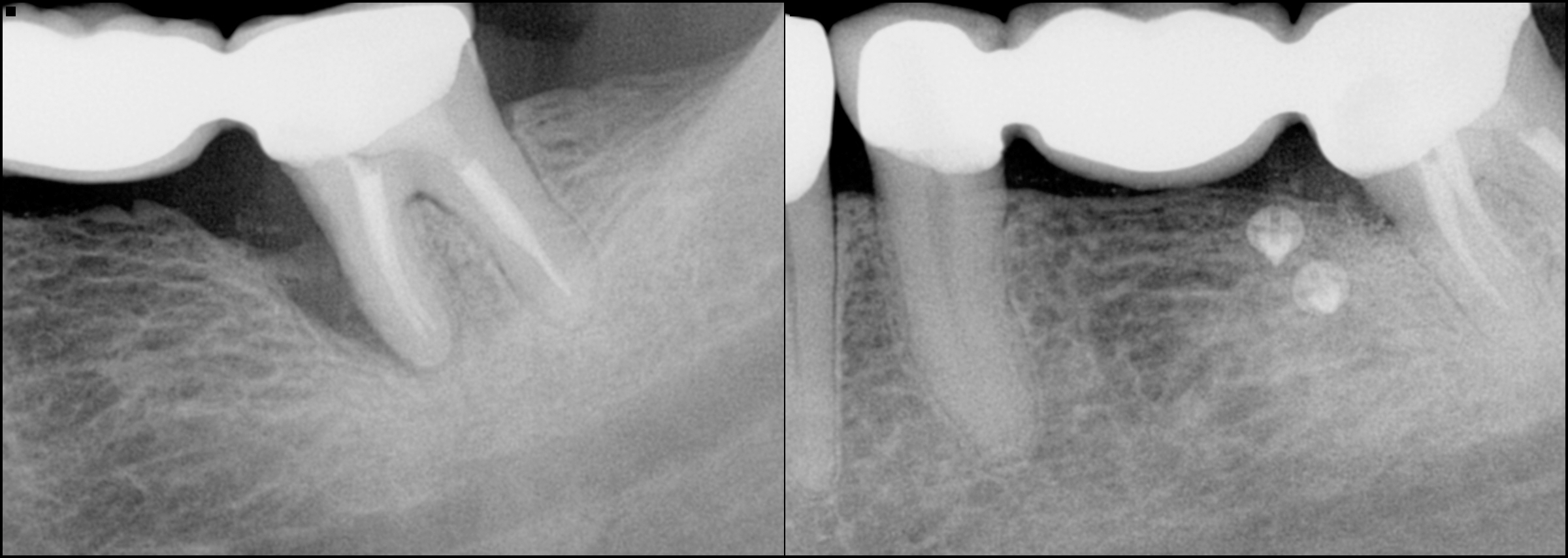

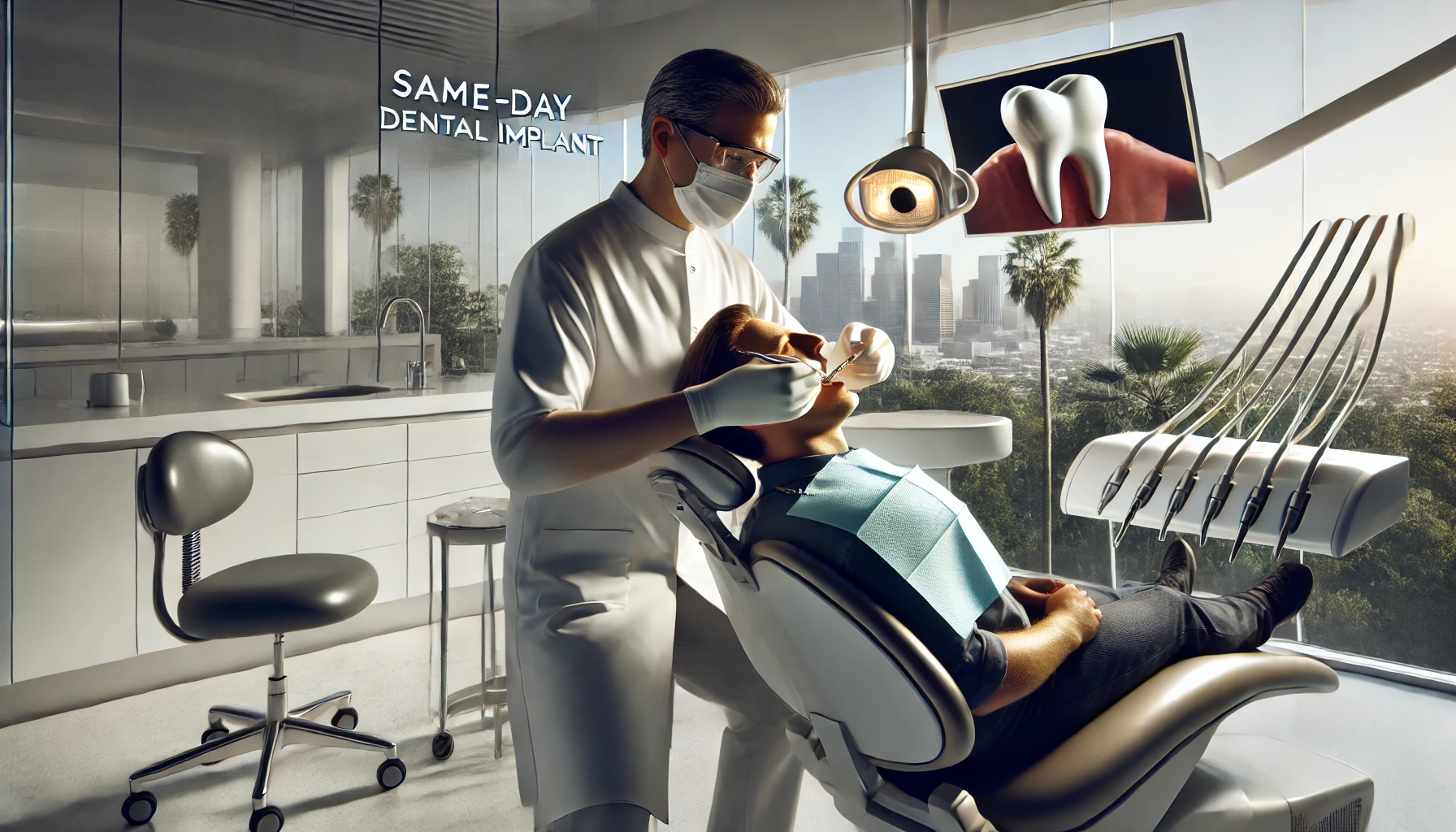
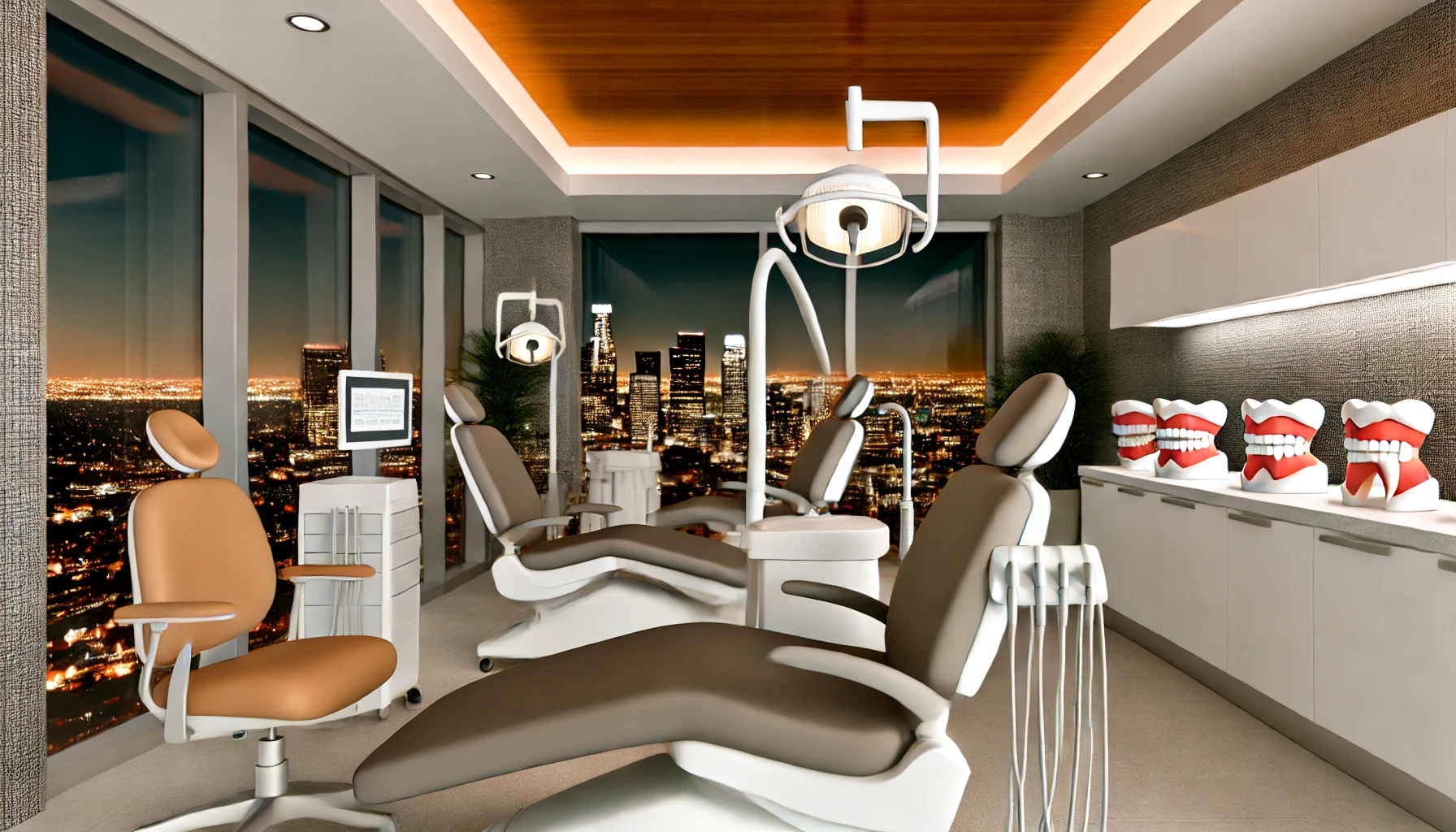
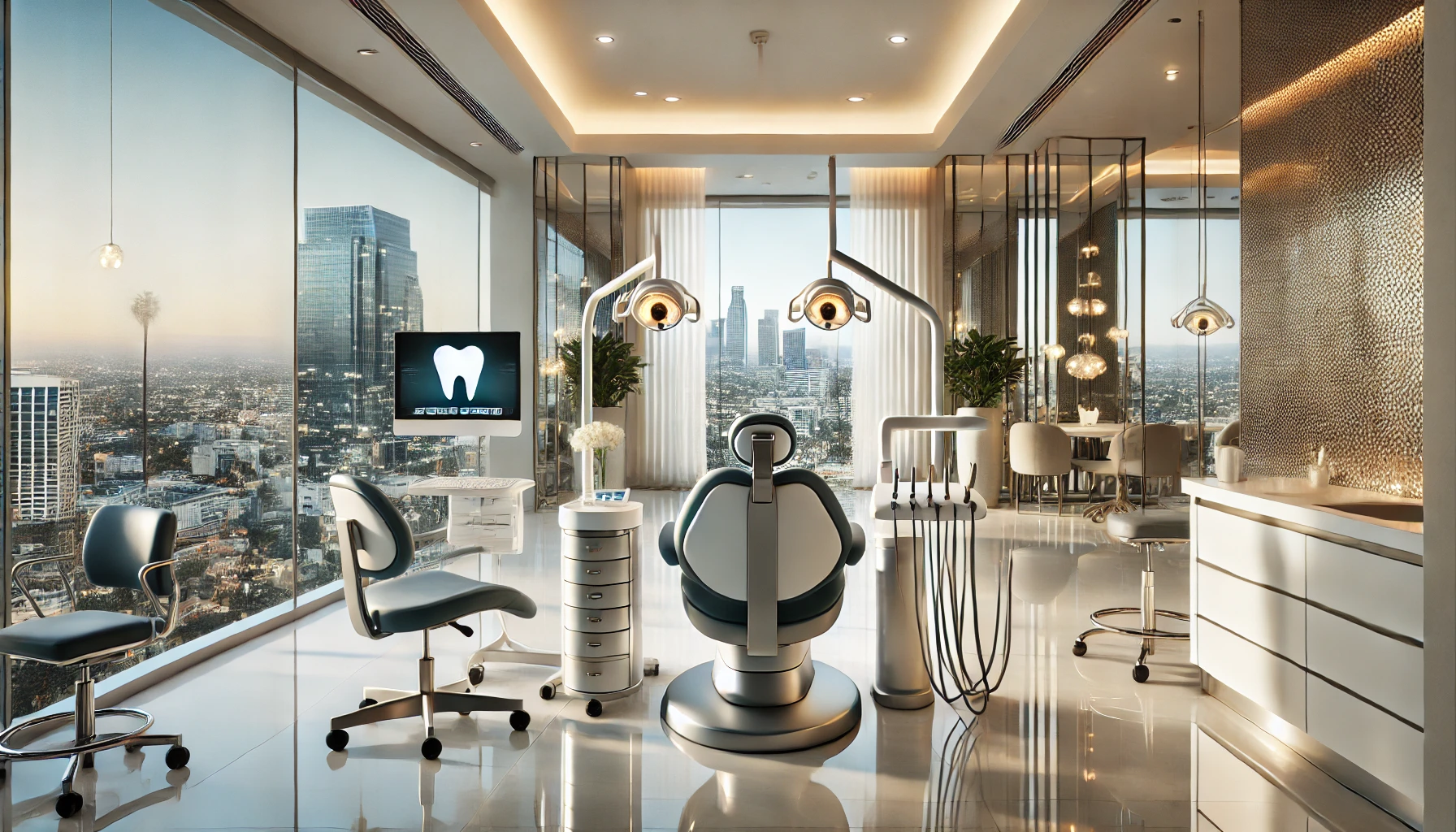
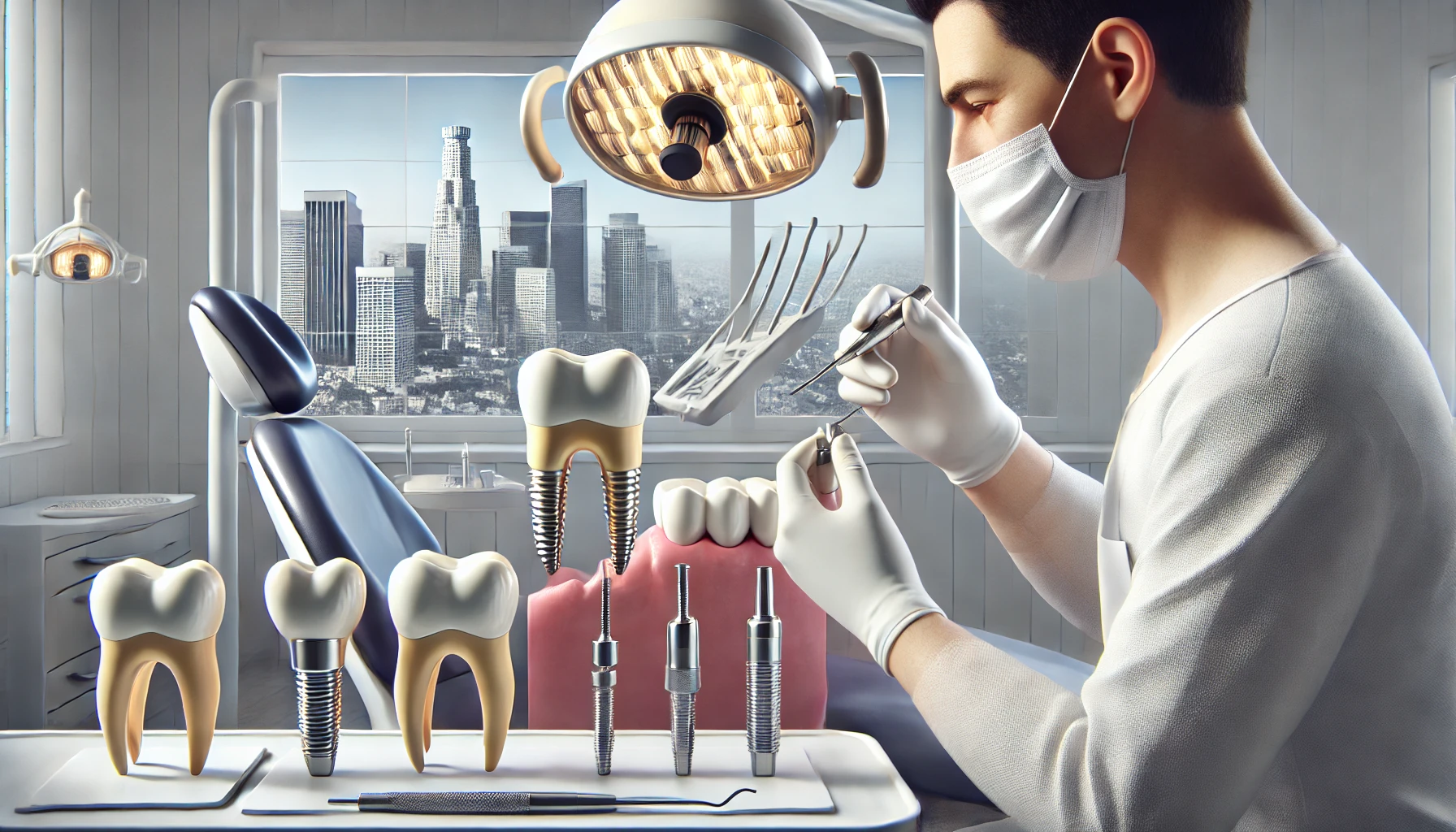
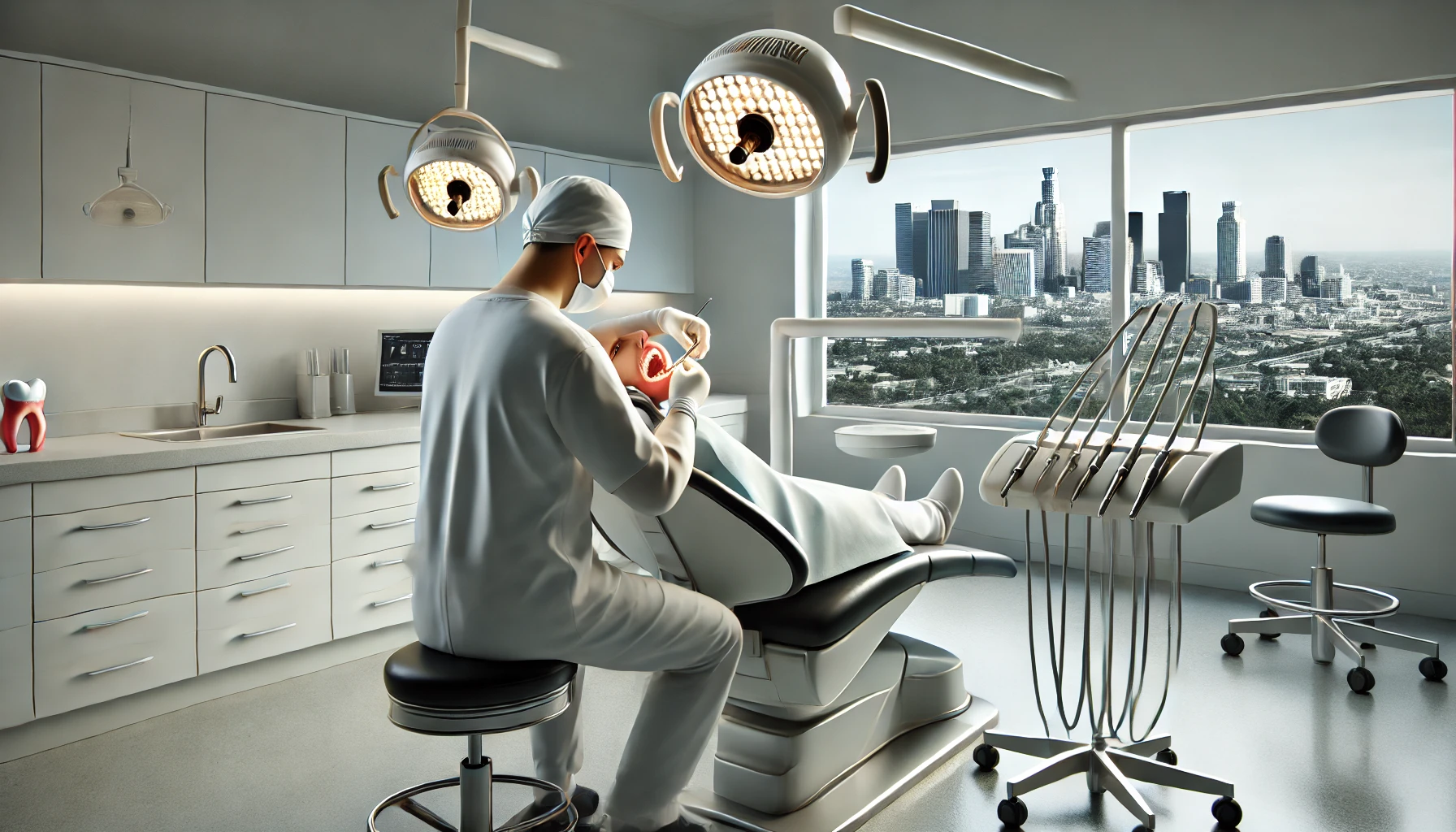
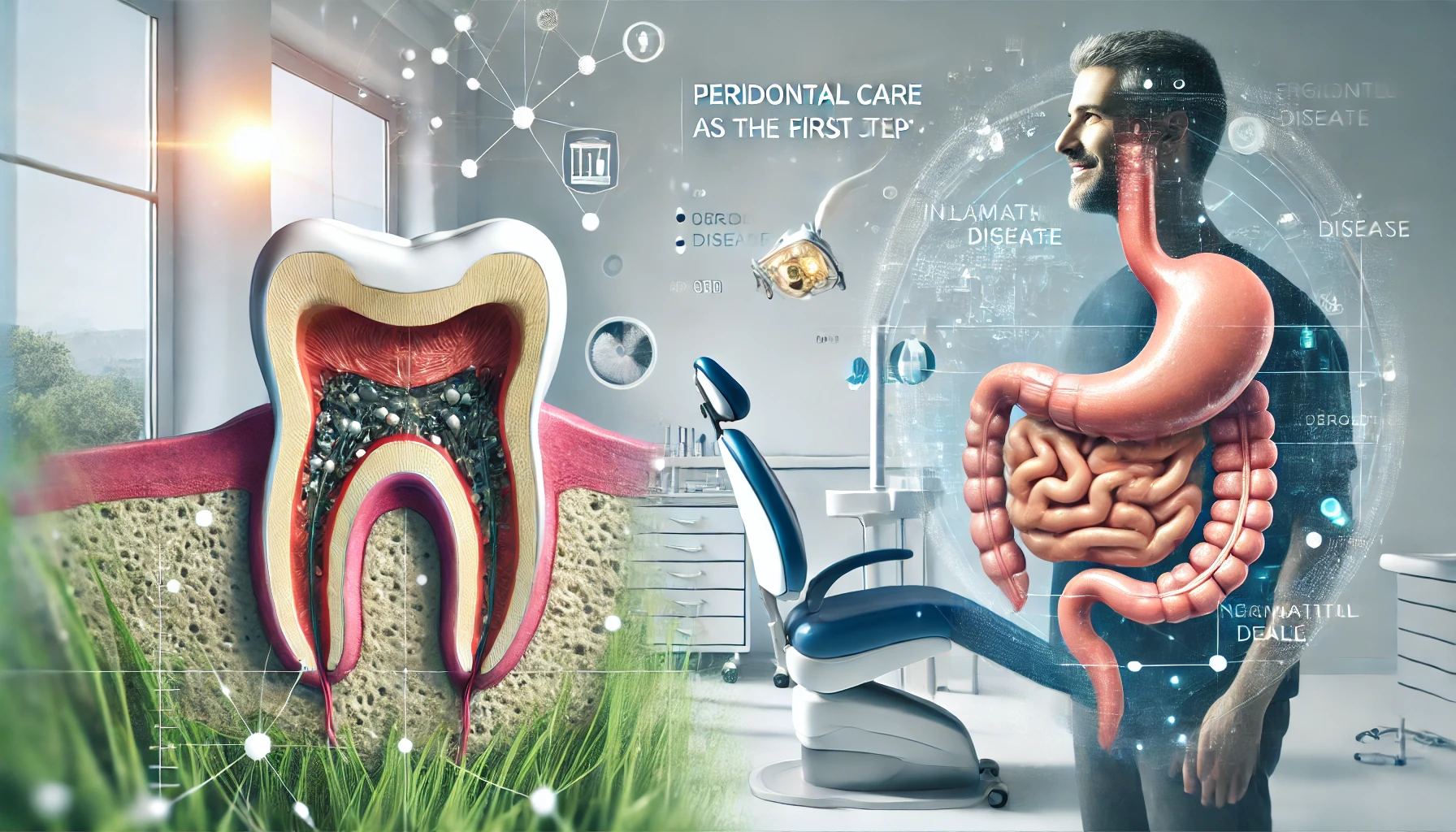
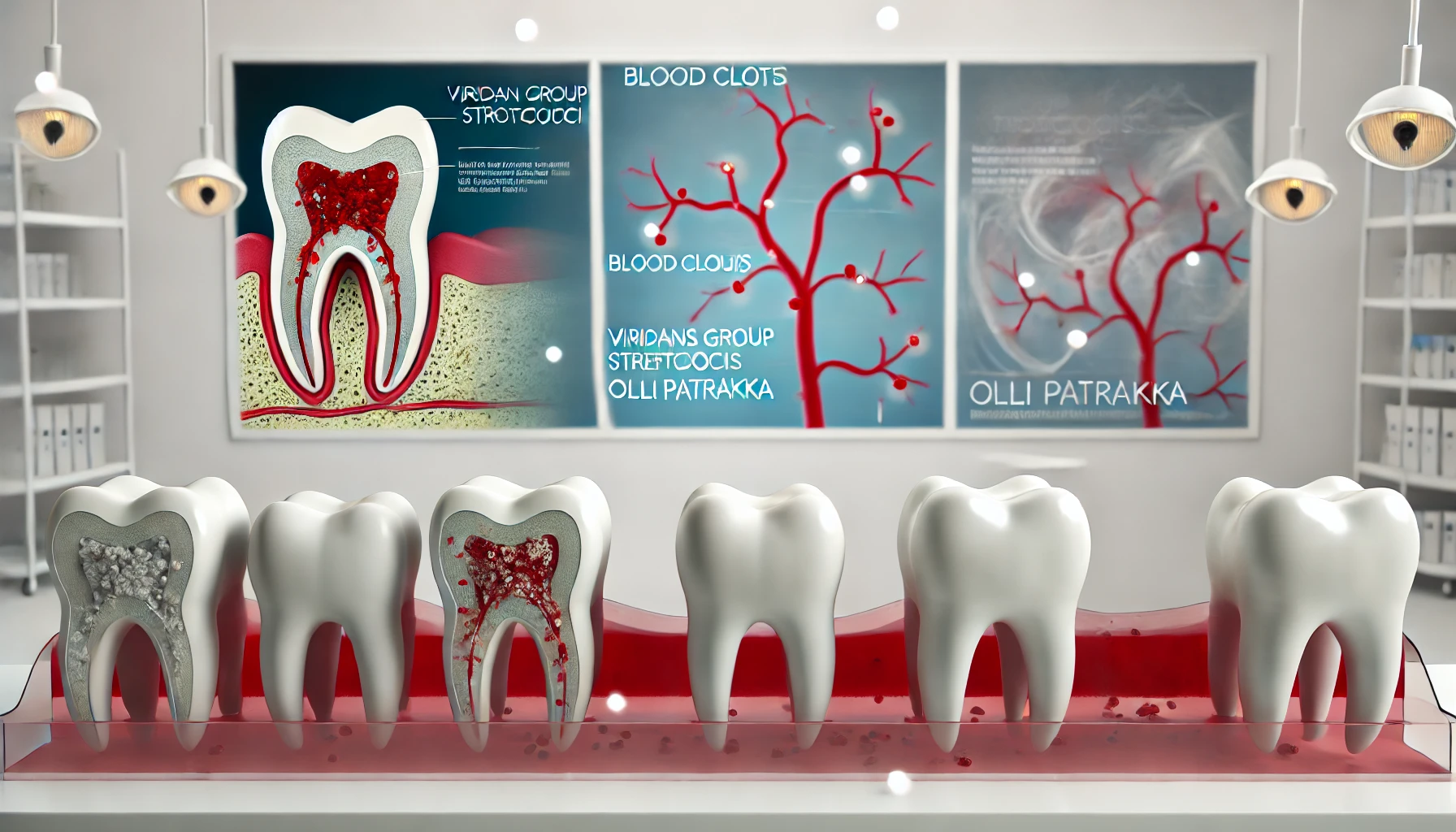
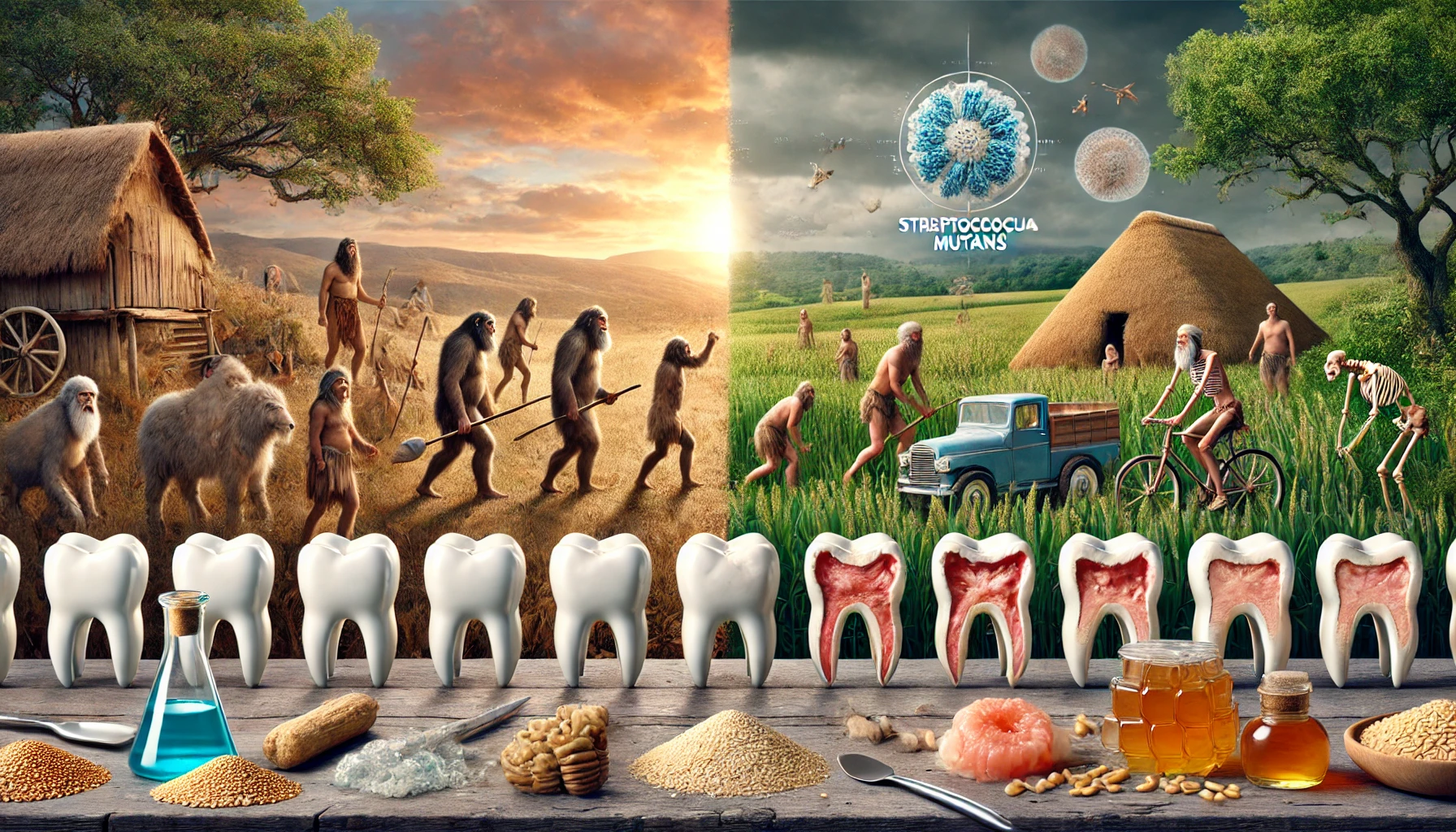



Recent Comments